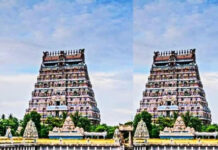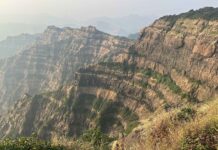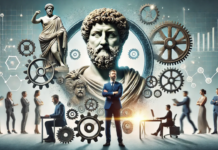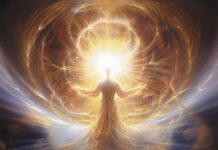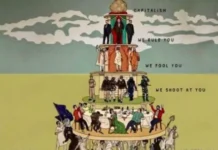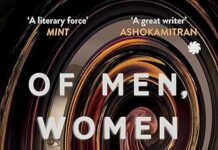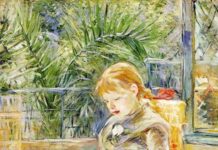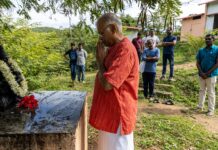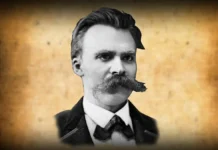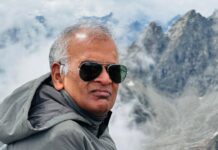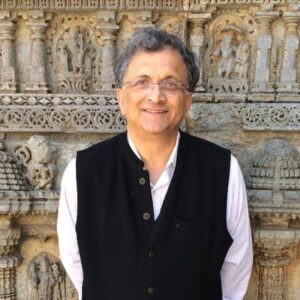
We can see several interesting details about the first Indian general elections of 1951-52 in Ramachandra Guha’s ‘India after Gandhi’ (published in Tamil by Kizhakku Pathippakam). The first general elections under the chief election commissioner was keenly observed by the entire world.
This was because, nowhere in the world had there been a general election of this magnitude. In fact, this was a significant event in the history of mankind. Even today, Indian elections are events when the largest portion of the world’s population exercises its vote. The election commission had to face several challenges in conducting this election. One, it had to create facilities to vote in thousands of villages which didn’t have road connectivity, communication facility or other administrative facilities. Government servants had to conduct elections there and carry the ballot boxes back to the counting stations.
In several places in the north east, they had to carry the ballot boxes over mules. In some parts near the Himalayas, ballot boxes were lowered from helicopters. When the elections were over, an American magazine applauded it as one of the greatest achievements in the history of mankind. But there was another significant challenge in the conduct of the general elections.
A significant percentage of the downtrodden masses of India who turned up to vote didn’t have an identity of their own. Most of them didn’t even have a name. For example, in a village of the caste of the Mundas, everyone was named ‘Munda’.
Among them, they had named themselves ‘Short Munda’, ‘Tall Munda’, ‘Toothless Munda’, ‘Limping Munda’, ‘Handicapped Munda’ etc. Everyone would state their caste name or their tribal name as their own.
Another point to note was that women didn’t have a name as their identity. They were simply identified as somebody’s wife. And this was among the upper castes. One of the most significant tasks in front of the first election commission was to create a separate identity for those people. To assign a name to them and to bring them to the ballot box after informing them of their name.
It might be funny to think about this now. But the concept of an individual has arisen significantly later in a long history/in the entire history of humankind. In ancient ages, man lived in groups. He had the name of his group or tribe for a name. He barely had the consciousness of himself as a separate being. He didn’t realize that he had likes and dislikes. That he had thoughts and that he had the freedom to to do as he wished.
Even a century ago, even in our families, nobody had the freedom to take a simple decision about their own lives. They were taking decisions as a body of people. We call our times as the era of modern democracy. We call the previous era as the era of agri-centric life.
In political science, it is called the era of feudalism. In that era, only the rulers and the upper classes considered themselves as individuals. All others considered themselves as groups.
But modern democracy is for individuals. It gives a ballot paper to everyone. It says that one has to vote based on one’s independent decision. Only when we vote after independent thought can true democracy thrive.
In fact, the concept of the individual arose first in countries in Europe. The Christian religion considered individualistic thought as a sin. It had organized the people as masses. Independent thinkers rose there and took the concept of the individual to the common people, fighting against this religious hegemony. After the advent of individual thought, democracy was born there as a result. The system of individuals voting collectively to elect their government is called democracy.
After democracy came in India, it was through that system that the concept of the individual was born. It has been a half century since that happened. But even today, we are not truly individuals.
We become individuals only when we cease to think as a caste, a religion, a race or a group but think as a single individual before voting. Several of our democracy’s faults exist because of the fact that more than half the electorate in India even today do not think as individuals during elections.
We would never personally accept an MLA who usually wins through our elections. We would consider him as lacking morals, integrity and believing in violence. But while voting, we vote from the perspective of a religion or a caste. That is the reason why incompetent persons are elected here.
Jacques Lacan, a prominent psychoanalyst presented an important theory. A baby doesn’t realize itself a self till around 18 months. The baby considers itself a part of its mother’s body, as a part of those around it. The baby starts thinking only after eighteen months. It starts identifying itself in a mirror.
Lacan calls it the ‘mirror-stage’. After this, the journey we take is always an individual one. We feel our joys alone, and our miseries alone. We are even going to meet God alone. Why is that we go as a crowd to the polling booth?
It is only when we individually think and decide and start casting our votes that deserving candidates will get votes. Casting votes along caste or religious lines or voting because ‘nowadays, everyone votes for him…’ – these are acts against democracy. (2016)
Translated by Gogul
